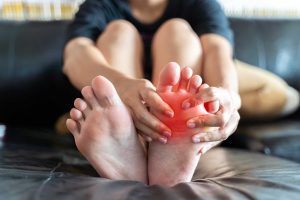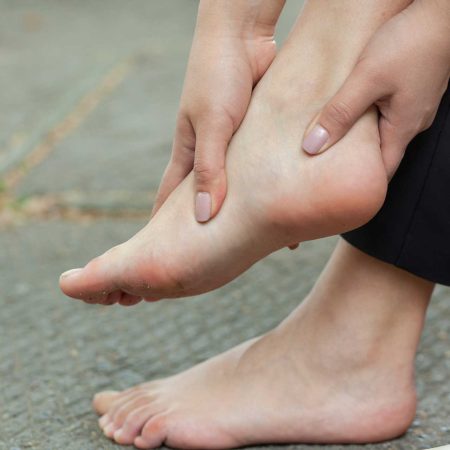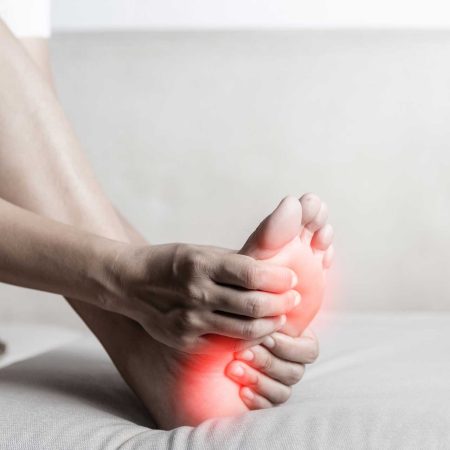Understanding Nighttime Foot Pain
Experiencing sore and aching feet can significantly affect your quality of life, particularly if it disrupts your sleep. The complexity of diagnosing foot pain stems from its numerous potential causes, each requiring a different approach for resolution.
An estimated 20% of the population suffers from foot pain during the night, a condition that disproportionately affects certain demographics. Notably, women, individuals over the age of 50, and those carrying excess weight experience this discomfort more frequently. In contrast, the prevalence of nighttime foot pain among adults younger than 45 decreases to approximately 10%. This variability underscores the importance of a personalised and thorough evaluation to pinpoint the exact source of pain, ensuring that treatment strategies are both appropriate and effective.
Symptoms of Aching Feet at Night to Monitor
The presence of night-time foot pain can be indicated by various symptoms, including:
- Redness
- Swelling
- Sensitivity to touch
- Pain when not wearing shoes or in tight footwear
- Pain triggered by physical activity
- Pain that persists at rest or intensifies at night
- Appearance of varicose veins
- Formation of calluses, signalling areas of high pressure
Noting these symptoms is crucial for healthcare providers to accurately diagnose the underlying issue. You do not have to put up with foot problems. Make your appointment with East Gosford Podiatry today.



